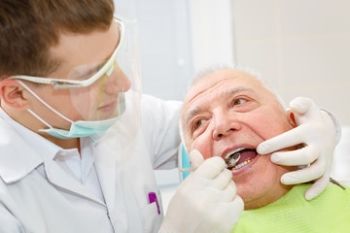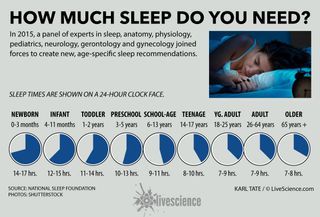As we age, it becomes increasingly important to prioritize oral health and pay closer attention to dental care. Senior dental care is a crucial aspect of overall health and well-being, as poor oral hygiene can lead to various health complications. This article will discuss some of the common dental issues that seniors face and present practical solutions to maintain good oral health in the long run.
Dry Mouth
Dry mouth, also known as xerostomia, is a prevalent issue among seniors. This condition occurs when the salivary glands do not produce enough saliva to keep the mouth moist. Dry mouth can adversely affect oral health by increasing the risk of tooth decay, gum disease, and bad breath.
To combat dry mouth, seniors should try drinking plenty of water throughout the day to keep the mouth hydrated. Chewing sugar-free gum or sucking on sugar-free candies can also help stimulate saliva production. Additionally, avoiding tobacco and alcohol and using over-the-counter saliva substitutes or moisturizers specifically designed for dry mouth can provide relief.
Gum Disease
Gum disease, or periodontal disease, is a common dental problem that affects seniors. It is caused by the buildup of plaque and bacteria along the gumline, leading to inflammation, gum recession, and potential tooth loss. Poor oral hygiene, smoking, and certain medications can increase the risk of gum disease.
Proper oral hygiene practices are essential in preventing gum disease. Seniors should brush their teeth at least twice a day with a soft-bristled toothbrush and fluoride toothpaste. Flossing daily and rinsing with an antimicrobial mouthwash can also help remove plaque and bacteria from hard-to-reach areas. Regular dental check-ups and professional cleanings are crucial to detect and treat gum disease at an early stage.
Tooth Decay
Tooth decay is another prevalent issue faced by seniors. As we age, the enamel on our teeth naturally wears down, making them more susceptible to cavities and decay. Additionally, certain medications, dry mouth, and poor dietary choices can contribute to tooth decay.
To prevent tooth decay, seniors should practice good oral hygiene, including brushing and flossing regularly. Using fluoride toothpaste and fluoride mouthwash can help strengthen tooth enamel and prevent cavities. Limiting sugary and acidic foods and drinks, opting for a balanced diet rich in fruits and vegetables, and drinking fluoridated water are essential for maintaining good oral health.
Tooth Loss
Many seniors experience tooth loss or edentulism, which can significantly impact their quality of life. Tooth loss may occur due to factors such as advanced gum disease, tooth decay, or lack of proper dental care. Missing teeth can affect chewing ability, speech, and self-confidence.
Solutions for tooth loss include removable dentures, dental bridges, or dental implants. Dentures are artificial teeth attached to a removable frame, while dental bridges involve placing an artificial tooth between two healthy teeth. Dental implants are metal posts inserted into the jawbone to support artificial teeth. Consulting with a dentist can help determine the most suitable option based on individual needs.
Sensitive Teeth
As we age, the protective layer of enamel on our teeth wears down, leading to tooth sensitivity. Seniors often experience discomfort or pain when consuming hot, cold, sweet, or acidic foods and beverages.
Using a toothpaste specifically designed for sensitive teeth can help alleviate the discomfort. Additionally, seniors should avoid aggressive brushing and opt for a soft-bristled toothbrush. Maintaining proper oral hygiene and regular dental check-ups can also prevent further damage and identify potential underlying issues causing tooth sensitivity.
Conclusion
Senior dental care is crucial for maintaining overall health and quality of life. By addressing common dental issues such as dry mouth, gum disease, tooth decay, tooth loss, and tooth sensitivity, seniors can promote oral well-being. Implementing proper oral hygiene practices, regular dental visits, and seeking timely professional treatment can help senior individuals maintain a healthy and beautiful smile for years to come.




